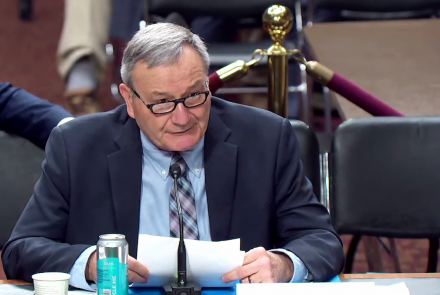At a hearing of the Afghanistan War Commission in the U.S. Senate, former American officials described the United States’ 20-year military presence in Afghanistan as a failure, marked by strategic missteps.
The session emphasized that the U.S.’s core objective, the elimination of al-Qaeda, could have been achieved in 2001, but weak leadership and poor decision-making prevented it.
David Sedney, former Deputy U.S. Ambassador to Afghanistan, added: “Despite some achievements, U.S. policies in Afghanistan largely failed. The shameful decision to withdraw troops in 2021 was another of these failures. These missteps increased casualties and victimized Afghans, Americans, and U.S. allies. Time and again, these policies turned our friends into enemies.”
Meanwhile, several political analysts believe that the U.S. presence in Afghanistan was not for nation-building, but rather served Washington’s strategic interests.
Aziz Maraj, a former Afghan diplomat, told “In fact, the Americans did not have accurate or complete information about Afghanistan. They received information from the wrong people and trusted officials who were not committed to Afghanistan. That is why their strategy did not proceed effectively and ultimately failed.”
The hearing was held to review the U.S. troop surge in Afghanistan between 2009 and 2012, with a primary focus on evaluating the strategic decisions made during that period.

